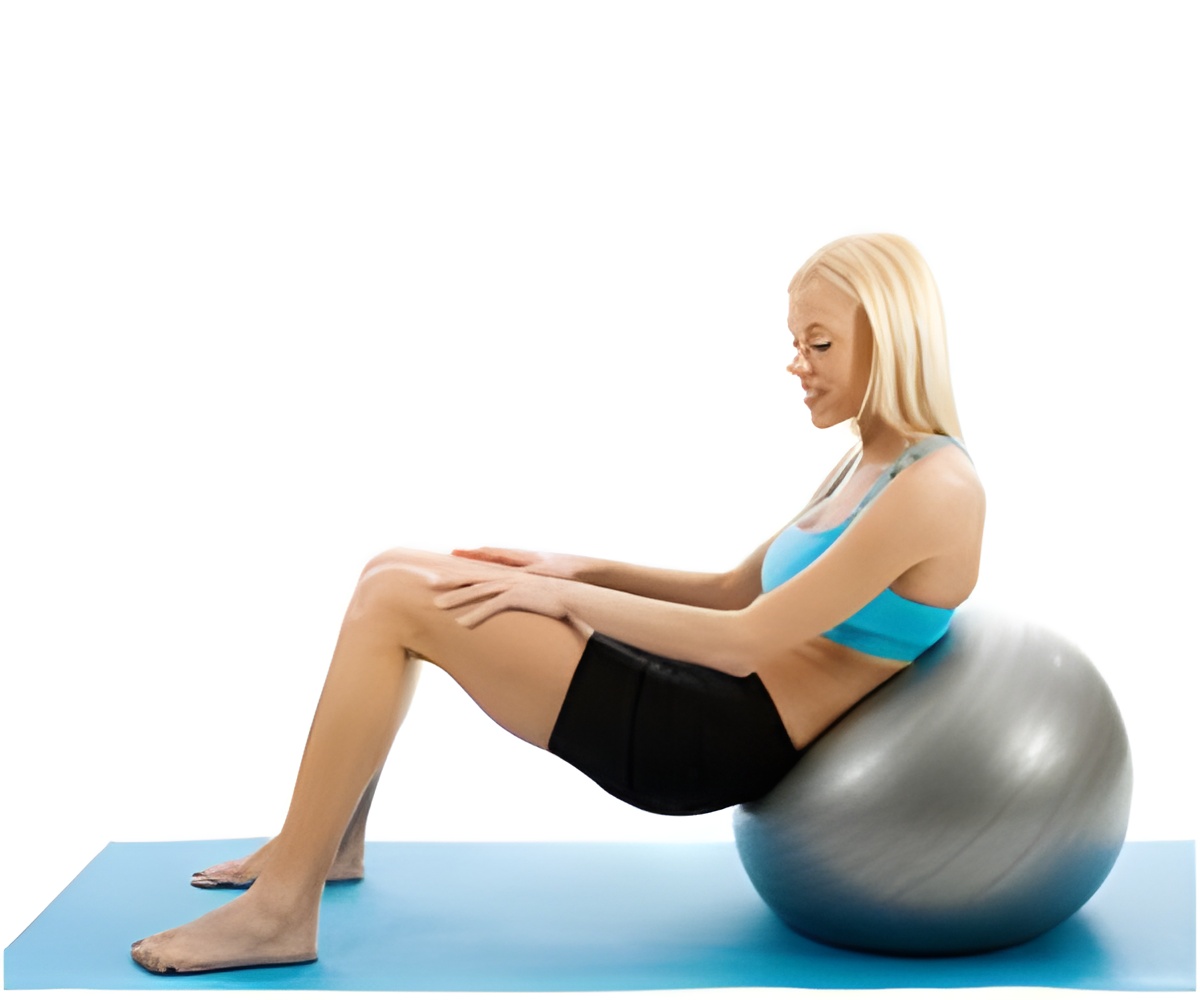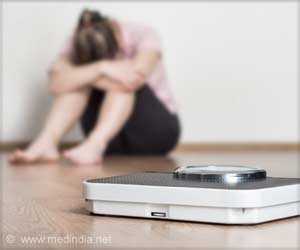
‘Exercise has a multitude of positive effects on health,longevity,stamina and mood.’
Tweet it Now
The findings showed that both active and inactive women report the same ingredients for feeling happy and successful- Connecting with and helping others be happy and successful. - Being relaxed and free of pressures during their leisure time. Accomplishing goals of many sorts (from grocery shopping to career goals). But the study also found that for inactive women, their beliefs and expectations about exercise actually thwarted the things that make them feel happy and successful: They believe "valid" exercise must be intense, yet they want to feel relaxed during their leisure time. They feel pressured to exercise for health or to lose weight, yet during their leisure time they want to be free of pressures.
Success comes from achieving goals, yet their expectations about how much, where and how they should be exercising means they can’t achieve these goals. Segar and co-investigators Jennifer Taber, Heather Patrick, Chan Thai and April Oh conducted eight focus groups among white, black and Hispanic women aged 22-49 who were either categorized as "high active" or "low active."
The exceptions found in the study were among the more active participants, who held more flexible views of exercise. They expressed that it "was not the end of the world" if they had to skip exercising once in awhile. They made exercise more of a "middle priority," which took the pressure off and left room for compromise when schedules and responsibilities did not permit planned exercise to occur.
The high-active women seemed to have more positive feelings from exercising, in contrast to most of the low-active women, who, in general, tended to dread the very idea of it. "There are important implications from this study on how we can help women better prioritize exercise in their day-to-day life," Segar said. "We need to re-educate women they can move in ways that will renew instead of exhaust them, and more effectively get the message across that any movement is better than nothing.
Advertisement
Physical activity should be reframed as a vehicle that helps women renew and re-energize themselves to succeed better at their daily roles and goals. It should be seen as a broad continuum that counts all movement as valid and worth doing. The research will appear in the journal BMC Public Health.
Advertisement
Source-ANI









